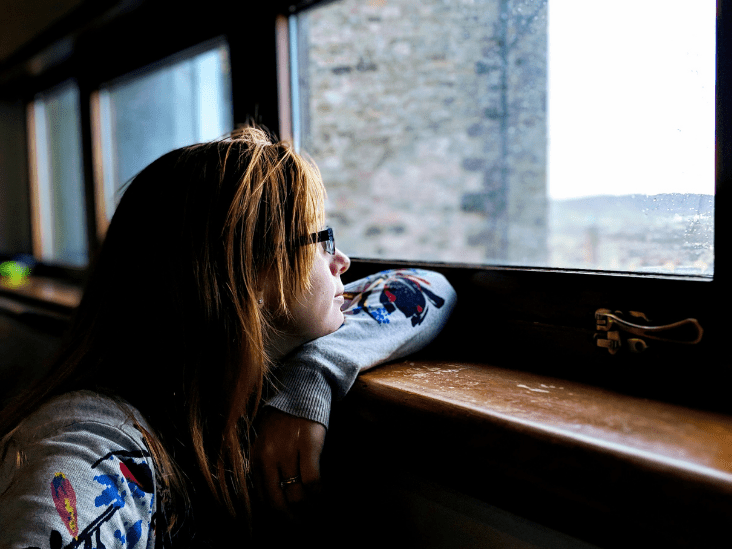Our volunteer, Louise Shambrook, reflects on her experiences of being diagnosed with epilepsy as a student and shares how she worked to overcome these challenges to succeed in education.
I initially developed epilepsy ten years ago, while I was studying at university. Although I was unable to continue my studies at that time, I had a clear goal, and developing epilepsy didn’t change my ambition to reach it.
Epilepsy had presented new challenges so I felt I needed to take responsibility for my learning and start to advocate for myself.
Along the way, I considered the challenges I was facing and how I could address them. This is my reflection of this journey and the skills I developed along the way.
My short-term memory was a significant challenge because this in itself made learning a challenge. I felt this was particularly difficult where my attention was divided. For example, in lectures, where I had to focus on listening, reading, and writing, all at the same time.
Also, I felt anxious about exams; I knew I struggled with my memory, but even more so with my ability to recall information under pressure.
Addressing challenges
To address the first of these challenges, particularly so that I had support in lectures and exams. I sought out my university’s Disability and Wellbeing Team immediately after enrolling.
This team supported me with applying for an Individual Learning Plan (ILP). The plan outlined the accommodations the university was required to provide to adjust for my disability.
As it was evidenced my short-term memory was severely impacted. I was granted a range of measures for exams and was allowed to record all lectures. The educational psychologist who completed my assessment also gave me advice to further develop my study skills based on observations of how I learn.
Being able to record lectures increased my confidence, but I still found them a challenge. When thinking about why I felt I always rushed to scribble everything down to ensure I took notes.
When I read them back, they never added anything to the lecture slides. I didn’t understand how they could be a useful study tool. I read articles and books to find out where I was going wrong, and I learned my notes should be a personal commentary on the lecture.
To help develop this, I applied a structured style which I practised by taking notes while watching TV.
My study notes soon became a jumble of my own shorthand inventions, a complex colour-coding scheme (words to research in colour A, terms to query in colour B, and terms which got me thinking in colour C), and handwritten times linked to my audio recordings.
By making my notes unique to my thinking, they reflected my thought process, particularly my critical and reflective thoughts, which made them a more valuable tool overall.
Studying while living with epilepsy
Studying with epilepsy can be a challenge for many reasons. For me, managing stress (which is a personal seizure trigger) was an ever-present theme.
I’m a big believer in planning and being prepared. When one of my first lecturers made a point of making the most of each module’s study guide, this resonated with me.
These guides contained information such as learning outcomes, assessment dates, and reading lists. Reading them and learning such key information early on not only allowed me to plan a schedule in advance (and therefore manage stress throughout the year) but also understand the academic work required of me from the start.
The educational psychologist who assessed me gave me great feedback. The most useful was that I (personally) learn from physical interactions with objects and repetition.
One direct application of this feedback was using index cards to quiz myself. The benefit was that I could take them with me anywhere to read, making them highly versatile but also very discrete; I took them on the bus, the train, to waiting rooms, and cafés. Whenever I had downtime, I took them out and quizzed myself.
Six years after starting university, the landscape of my life looks different, but my epilepsy looks very much the same. I can wholly identify with, and vividly remember the feeling of having an entire degree in front of me, and not knowing how or even if I’d be able to complete it.
It sometimes still astounds me that I have been able to do so, even if I don’t quite know-how. My biggest takeaway is this; keep moving forward, one step at a time, and ultimately, I reached my goal.




